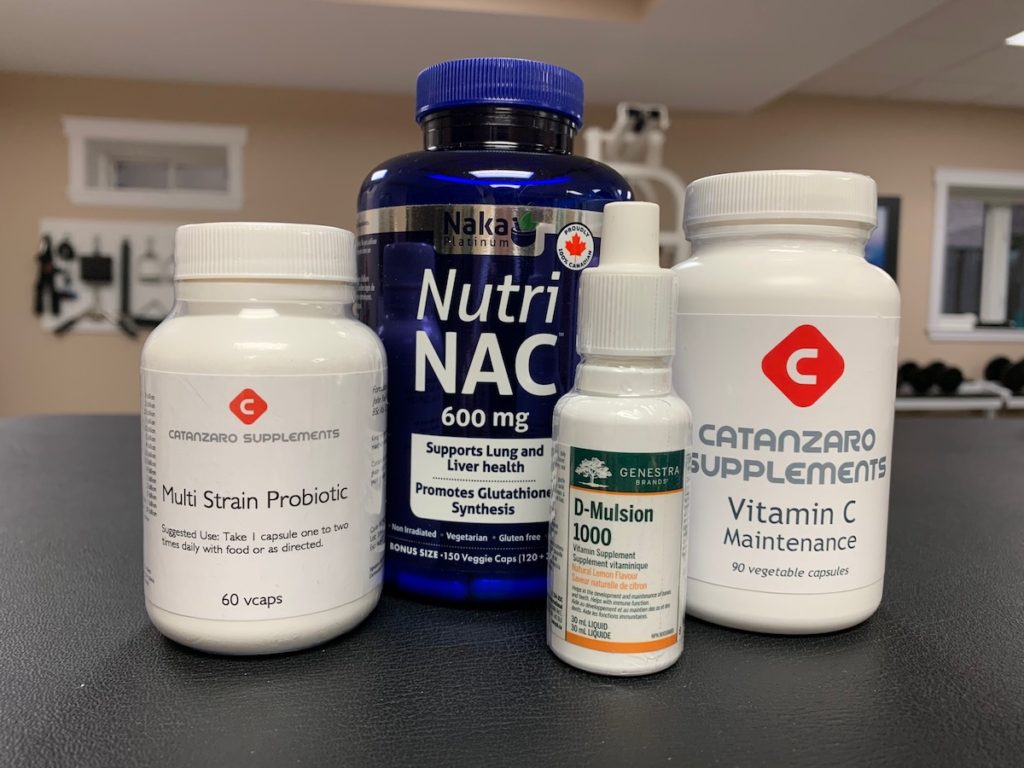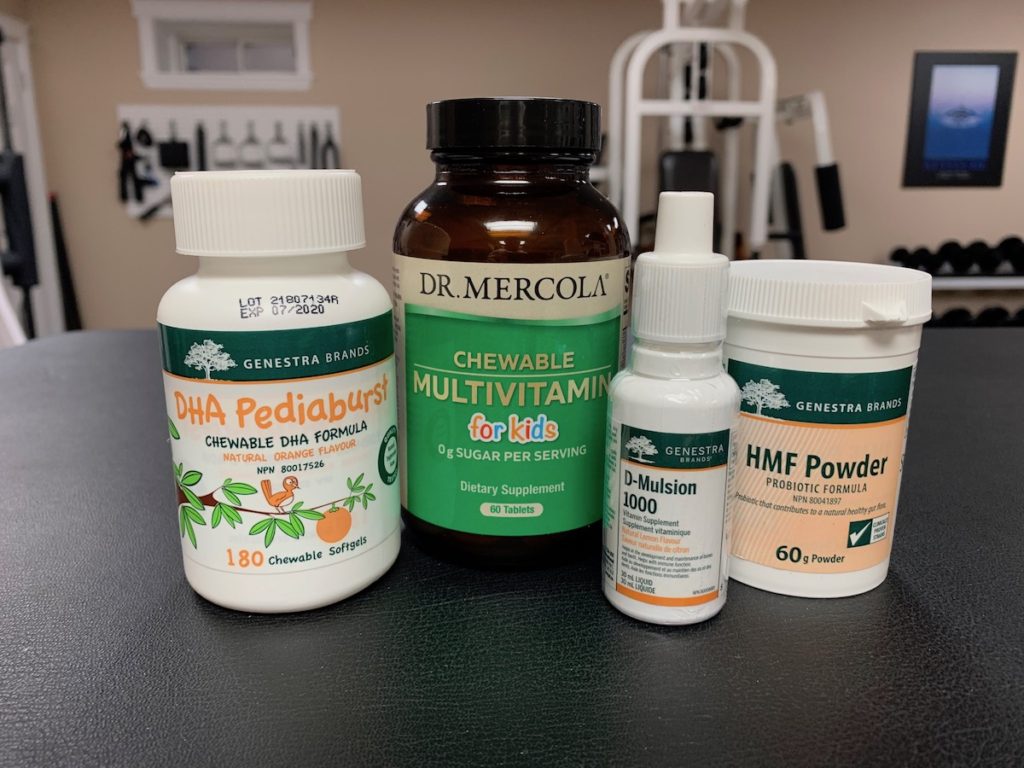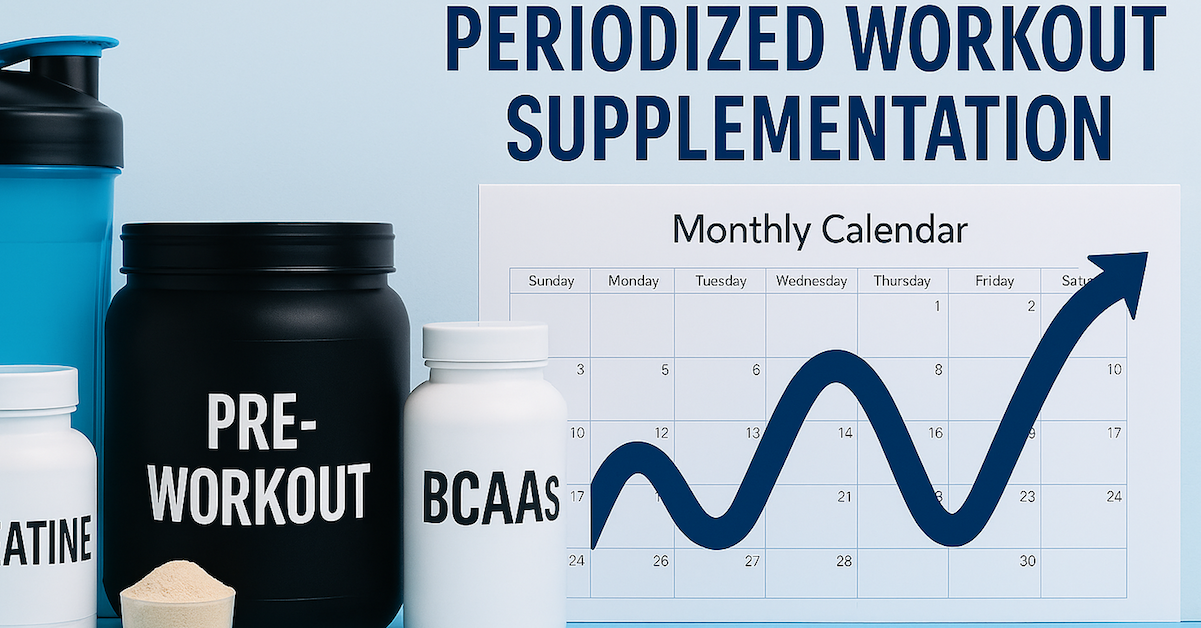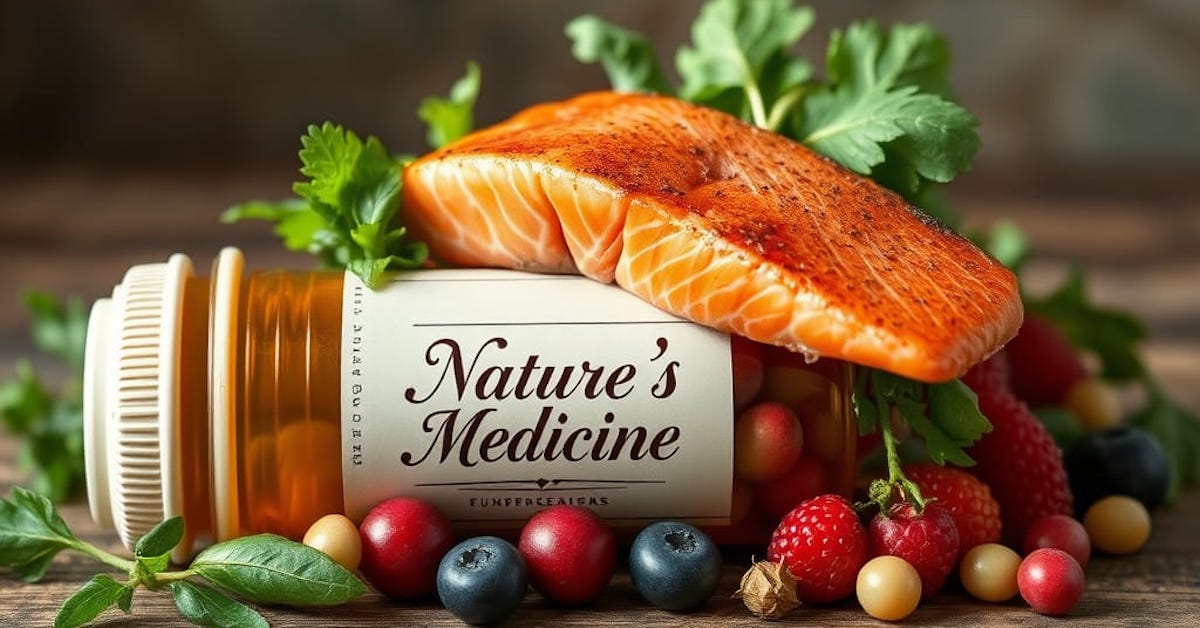Things get busy—and potentially stressful—when kids head back to school. I’ve got three kids (one in grade school, one in high school, and one in university), and my wife is a teacher. That means I need to keep my crew strong and resilient.
In addition to a solid foundation of nutrition, exercise, and sleep, a few strategic supplements can provide extra immune support. Here’s what we rely on at home.
📚 Adult Back-to-School Essentials

Here are four staples that my wife and daughters take regularly:
☀️ Vitamin D
Typically, 1,000 to 4,000 IU per day is a safe and effective range for most people, especially in the colder months. However, it’s wise to get your blood levels tested to determine your optimal dose.
→ Shop Vitamin D
→ Read more
🍊 Vitamin C
Find your ideal daily dose by increasing intake until you reach bowel tolerance, then back off by 1 gram. For most people, one capsule (500–1,000 mg) per meal is sufficient.
→ Shop My Vitamin C Formula
→ The First Step to Gut Health
🌱 Probiotics
According to Dr. Nigel Plummer, probiotics are safe and effective—even in higher doses. Still, one dose with dinner is usually enough unless you’re sick or immune-compromised.
Tip: Take probiotics with food—not on an empty stomach—for better survival of beneficial bacteria.
→ Shop My Probiotic Formula
🛡️ N-Acetyl Cysteine (NAC)
At 1,200 mg per day, NAC has potent antiviral effects. Try 600 mg with breakfast and another 600 mg with dinner.
→ Shop NAC
→ Read the Study
🎒 Top 4 Supplements for Kids

My 10-year-old son’s daily supplement routine includes:
☀️ Vitamin D Drops
1,000–2,000 IU daily, depending on body size.
→ Shop Vitamin D Drops
💊 Chewable Multivitamin
A good multivitamin is insurance—especially for picky eaters. Make sure it’s low in sugar, contains buffered vitamin C, and includes the right form of magnesium.
→ Shop Mercola Multivitamin
→ How to Choose a Prenatal Multivitamin
🌱 Probiotic Powder
Capsules can be hard for kids to swallow, so we use a small amount of probiotic powder on an espresso spoon. Some taste pretty good—like Genestra HMF Powder.
🐟 Chewable Fish Oil
Liquid fish oil is a great option but prone to oxidation. To avoid spoilage, we opt for chewables like Genestra DHA Pediaburst, which are kid-approved.

How to Periodize Workout Supplements for Better Gains and Recovery
Research shows that undulatory, or wave-like, periodization is highly effective. Alternating between periods of higher intensity (intensive phases) and periods

How One Man Reversed His Diabetes Naturally in Just 7 Days
Not long ago, a couple in their mid-fifties came to see me for help with their health. Both were overweight,

Why the FDA’s Red Dye Ban Should Make You Rethink Your Vitamins
The U.S. Food and Drug Administration (FDA) recently announced a ban on red dye No. 3 in food and oral
follow
Error: No feed with the ID 2 found.
Please go to the Instagram Feed settings page to create a feed.
